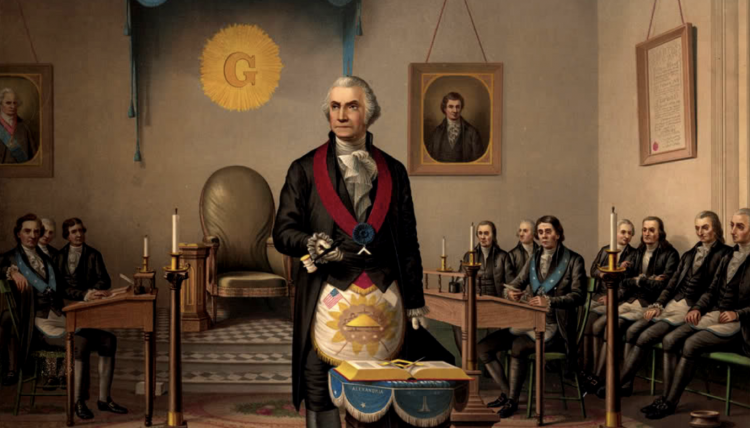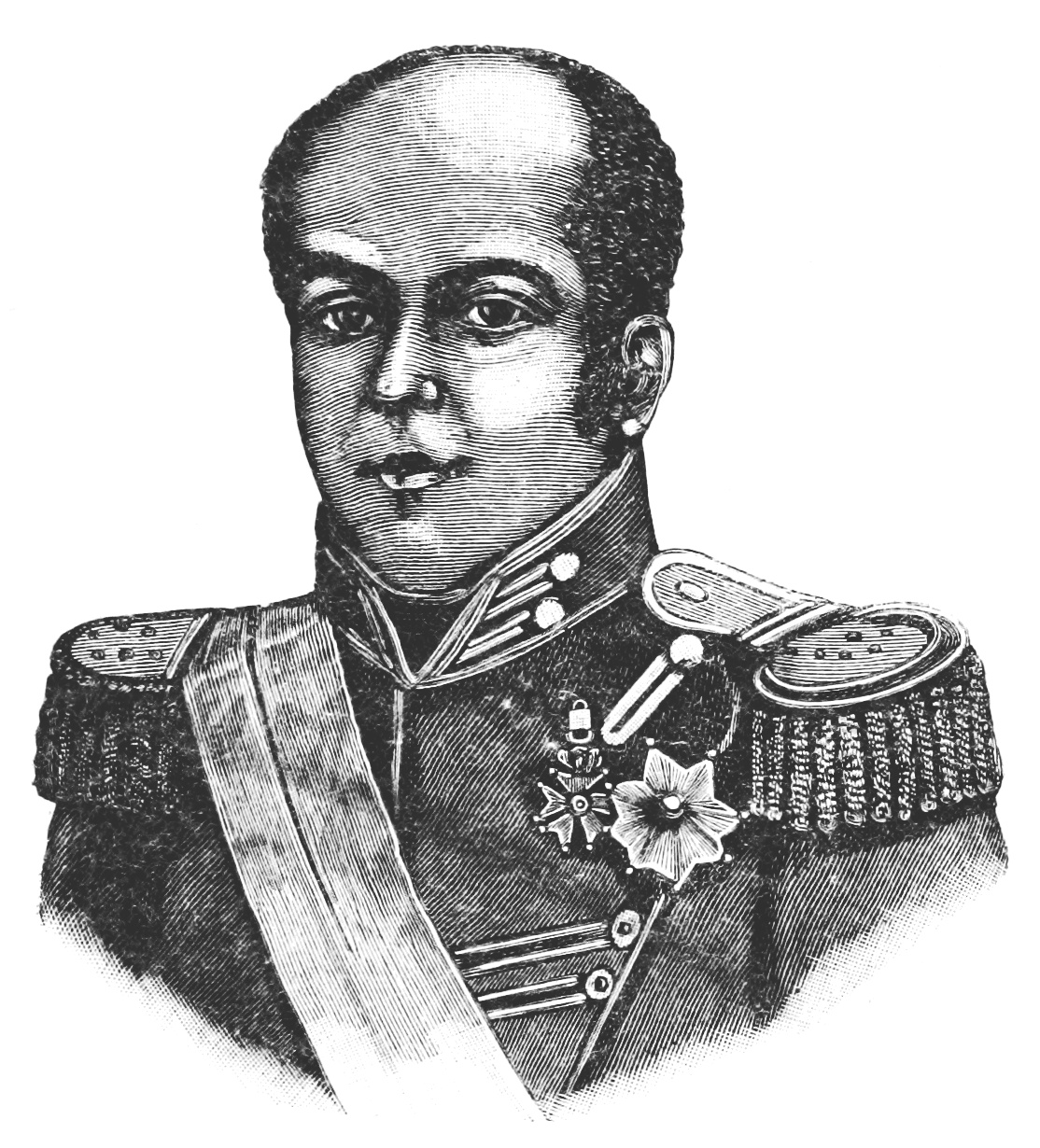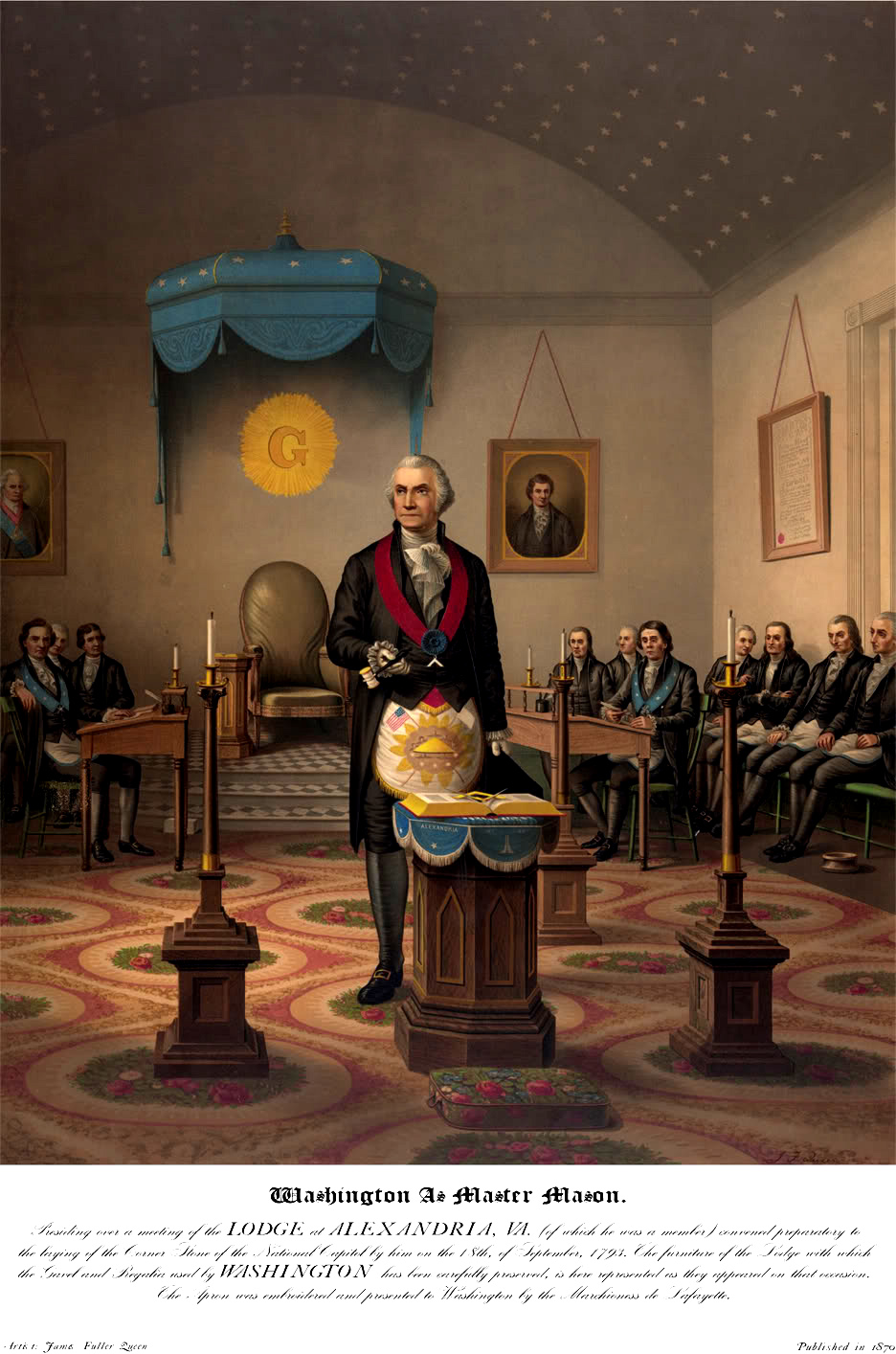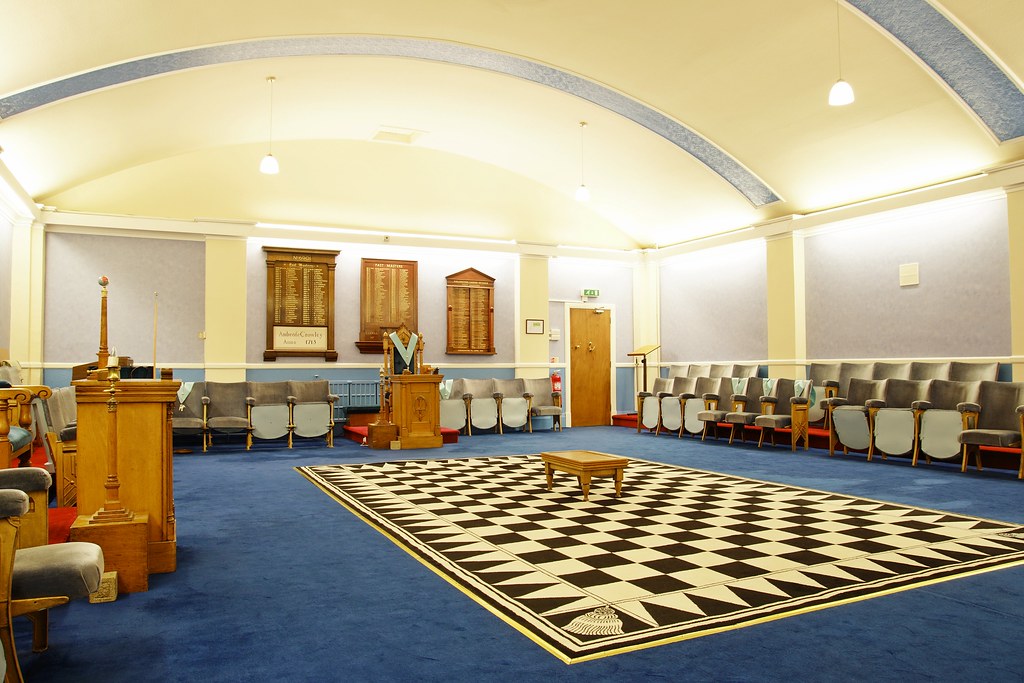A Secret Society That Isn't

Imagine floodwaters crashing through a small town in Yorkshire, England. Damage and chaos are everywhere, and your sense of hope for a post-flood recovery seems slim. Though the floodwaters eventually recede, the damage does not. Without warning, another flood arrives—this time of charity.
The individuals responsible? The Yorkshire Freemasons, who arrived with £25,000 in donations to aid with flood recovery. But who are the Freemasons? Are the Freemasons truly a sinister secret society, or is that perception a result of decades of misunderstandings? I took it upon myself to dispel the rumors and learn for myself who these individuals are.
Freemasonry is the world’s oldest and largest fraternal organization, with members establishing their presence all around the world. According to the Grand Lodge of Ohio, Freemasonry unites men of good character who, though of different religious, ethnic, or social backgrounds, share a belief in the fatherhood of God and the brotherhood of mankind. On more than one occasion, you've likely seen their symbol, the Square and Compass, on certain buildings.
My initial introduction to Freemasonry was, unfortunately, during a barrage of conspiracy theories surrounding entertainers during my first two years of college, between 2008 and 2010. My curiosity peaked shortly thereafter, when I discovered that my late grandfather was, at one time, a Freemason, as well as various others in my family on both sides.
Freemasonry was apparently in my blood, dating back countless generations and hundreds of years to Emperor Faustin I of Haïti, himself a Freemason, on my mother's side.
Emperor Faustin I of Haïti (1782-1867). Image Credit: Creative Commons/C. DietrichLater, in 2018, I began visiting various lodges throughout South Florida after reaching out to them via e-mail. Not sure what to expect, I visited a lodge in my hometown of Boca Raton, where I would have the opportunity to have dinner with members of the fraternity on the first and third Thursday of every month. From there, I was able to realize a variety of aspects related to the fraternity, which weren’t classified information but not readily known by the general public.
Here are where many of my questions were answered. For example:
1. Is Freemasonry the world’s oldest and largest fraternity?
Yes. New Jersey’s Durand Lodge can trace Freemasonry as far back as the Regius Poem of 1390 and is based on legends arising out of Solomon’s Temple. Solomon’s Temple existed thousands of years ago, where the legend of Hiram Abiff (as discussed here by Bro. Jerry Marsengill) began.
Freemasonry has maintained itself throughout the ages by staying true to the same traditions held by like-minded individuals seeking enlightenment.
2. Is Freemasonry among the world’s most charitable organizations?
Yes! The United Grand Lodge of England (UGLE) is proud to announce that Freemasonry has donated millions of dollars to many different charities worldwide, both publicly and privately! Charity, as discussed here by Bro. Vijay Kumar Gauhar is meant to be a regular practice by all Freemasons. However, Freemasons don’t make it a habit of bragging about these achievements beyond a press release of some sort.
3. Isn’t it true that the Freemasons have had some pretty famous historical figures?
Yes. According to St. John’s Lodge #11, Freemasonry has up to 14 U.S. Presidents, multiple founding fathers of many nations, and many other historical figures and leaders throughout world history. The Brotherhood is home to great men, and many of Freemasonry’s teachings have helped them become those men. U.S. President George Washington, seen below, was a prominent Freemason.
U.S. President George Washington (1732-1799), presiding over a 1793 Lodge meeting in Alexandria, Virginia. Image Credit: Creative Commons/Public Domain
4. Do Freemasons recruit? How do they get their members?
The Grand Lodge of Washington states that Freemasonry does not actively recruit its members to join; men must desire membership on their own accord, and there are thousands of different Masonic lodges and jurisdictions that recognize one another. There are a series of questions often asked of applicants that will determine their eligibility, questions that speak to a man’s character, such as:
Do you believe that there is such a thing as honor and that a man has a responsibility to act with honor in everything he does? Are you willing to allow others the same right to their own beliefs that you insist upon yourself?
Do you believe that you have a responsibility to leave the world a better place than you found it? Do you believe that it is not only more blessed to give than to receive, it’s also more fun? Are you willing to give help to your Brothers when they need it, and to accept their help when you need it?
Do you feel that there’s something more to life than financial success? Do you believe that a person should strive to be a good citizen and that we have a moral duty to be true to the country in which we live?
Do you agree that man should show compassion for others, that goodness of heart is among the most important of human values? Do you believe that men should strive to live a brotherly life?
Affirmative answers to these questions will more than likely result in admission.
5. Isn’t Freemasonry some weird religion, or cult, or something?
Not at all. The UGLE has long stated that Freemasonry is not a religion, nor does it conflict with an individual’s religious beliefs. All men seeking the degrees of Freemasonry, as recognized by the UGLE, must profess a belief in a supreme being.
6. But what about all of the rumors and conspiracy theories?
People fear what they don’t know. Rumors and conspiracy theories have cast such a dark light on Freemasonry, that it has, according to Bro. Paul M. Bessel, been the target of persecution at the hands of the Catholic Church, Nazis, and various authoritarian regimes throughout history.
Freemasonry’s ritual secrets, which have often triggered such rumors, are more related to the manner in which many of the same philosophies on good, honest, honorable, fair, and clean living that you can easily find in many of the world’s religions and philosophical teachings.
As seen above, many of them, such as the handshakes, are not as dramatic as you think.
For example, did you know that at one point in the United States, there was a political movement actually dedicated to anti-Masonry? The Anti-Masonic Party didn’t last long, but it made its mark.
The interior of a Masonic Lodge Room, where meetings take place. Image Credit: Creative Commons/Ken J. Fitzpatrick
Over the course of a few months, I had these and many more questions answered. From that moment onwards, I was well on my way to becoming a Freemason if I so chose. But this is a revelation that will take more than one article to cover, so stay tuned for Part II, coming very soon.
In the meantime, for more information on what it means to be a Freemason, click here. For more information about Freemasonry in France, click here.










